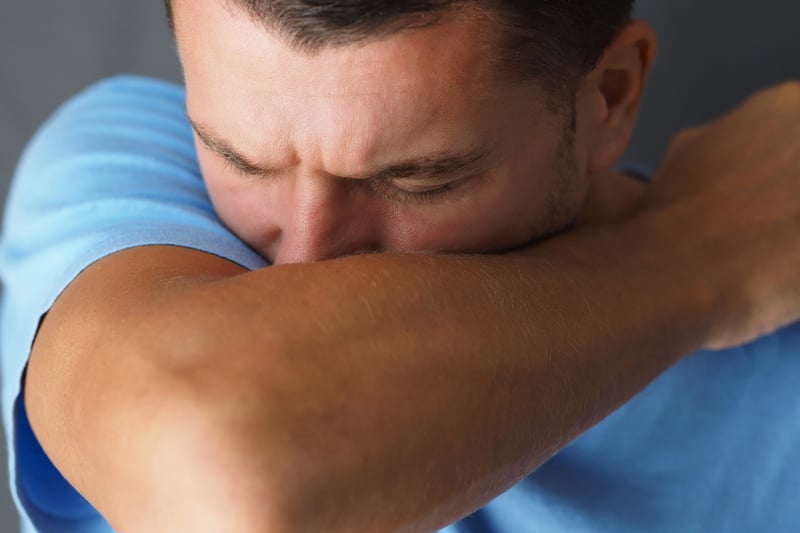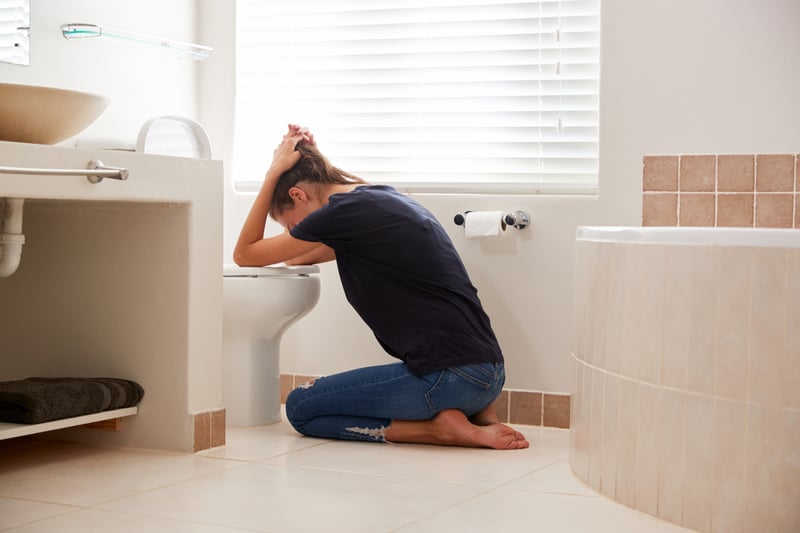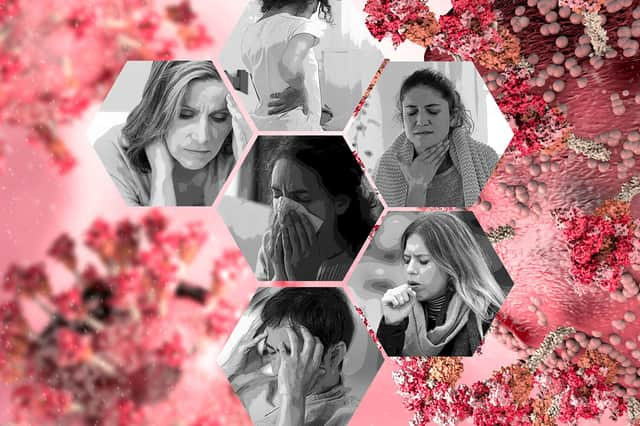Covid rules are being relaxed across the UK following a decline in Covid cases, but people are still urged to remain cautious.
Boris Johnson set out his plan for ending the final coronavirus laws in England earlier this week, telling MPs it is time to move away from government restrictions to “personal responsibility”.
The changes this week have seen the legal requirement to self-isolate after a positive Covid test scrapped, while free universal symptomatic and asymptomatic testing will end for the general public from 1 April.
Despite the relaxations, the Prime Minister has stressed that “the pandemic is not over”, but the country has now passed the peak of the Omicron wave.
Case numbers have been falling and hospitalisations in England are now fewer than 10,000, with the link between infection and severe disease “substantially weakened”.
Mr Johnson said the UK now has sufficient levels of immunity to be able to rely on vaccines and treatments as the first line of defence, rather than government restrictions, but warned that resurgences of the virus are possible in the future.
As such, the official public health advice remains that anyone who has coronavirus should stay at home for at least five days, although this will no longer be legally enforced in England.
As Omicron can cause symptoms that are very similar to the common cold, it can be difficult to spot the signs of infection.
If you are unsure what to look out for, these are 10 of the most commonly reported symptoms of Omicron, including one unusual effect that appears during the night.
Read more:
The changes this week have seen the legal requirement to self-isolate after a positive Covid test scrapped, while free universal symptomatic and asymptomatic testing will end for the general public from 1 April.

9. Sneezing
Sneezing is another symptom that could easily be mistaken for a cold or flu, but it is possible that it could be due to Covid-19. If you are sneezing regularly, it is worth taking a test to check if it is a coronavirus infection.

10. Nausea
Omicron patients have reported feeling sick after infection, although this appears to be less common compared to other symptoms so far. If you feel nauseous, getting some fresh air can help, as well as cold drinks or ginger and peppermint tea.


